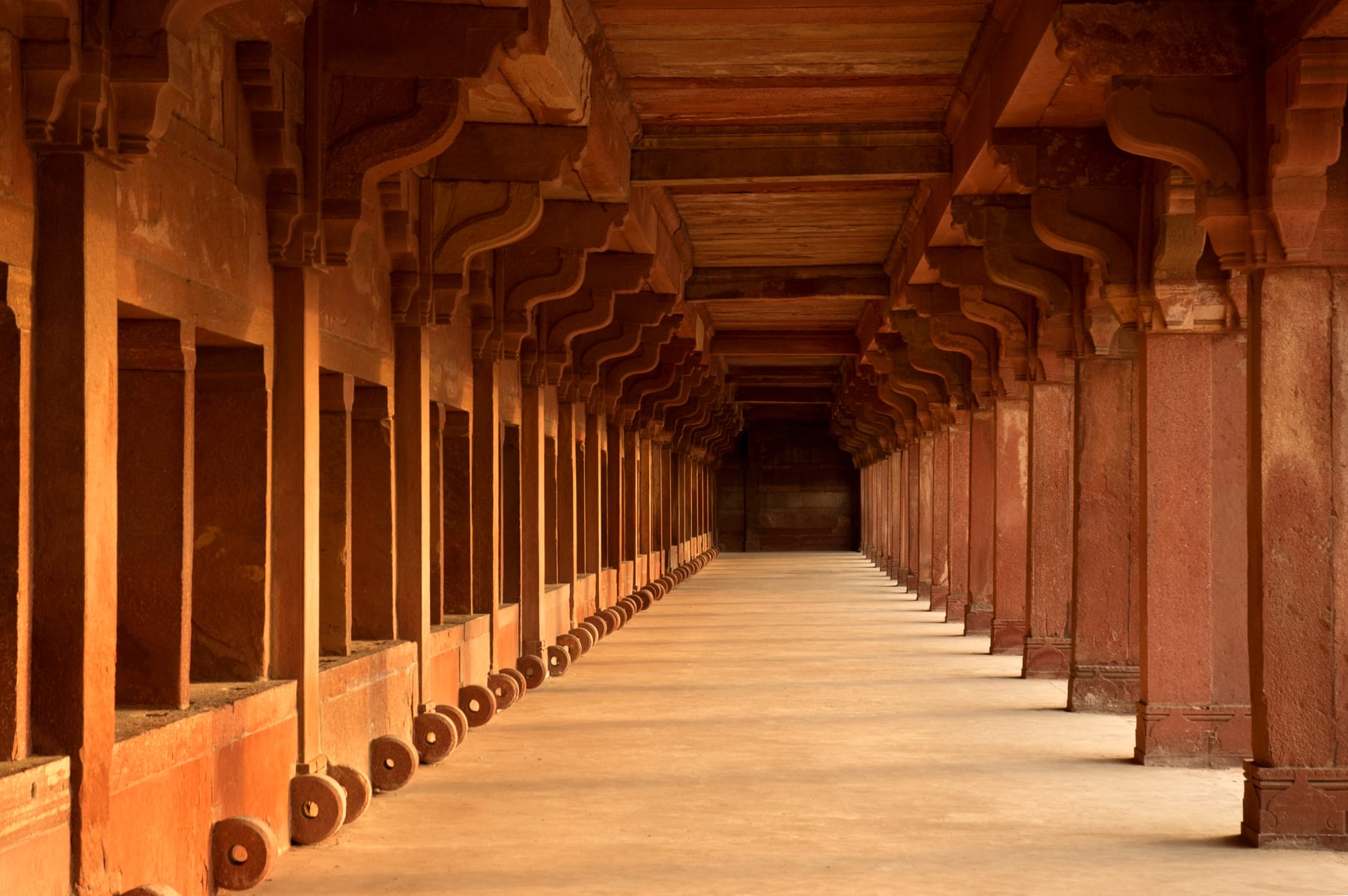Clare Arni b. 1962
Untitled, Fatehpur Sikri, 2006
Digital print on hahnemühle paper
(HSN Code: 97020000)
(HSN Code: 97020000)
8 x 12 inches
In an Edition of 10
Copyright Clare Arni 2006
Clare Arni's photograph highlights a number of architectural relics that continue to stand the test of time while drawing attention to social commentary and cultural heritage in some of the...
Clare Arni's photograph highlights a number of architectural relics that continue to stand the test of time while drawing attention to social commentary and cultural heritage in some of the most remote parts of India. The works are a selection from over twenty years of Clare's practice, where she has consistently found moments of stillness around her - very much like the stillness that currently surrounds us.
In the essay written by Abhimanyu Arni, he says, 'The discovery of stillness does not necessarily entail a long journey to a distant point but can be encountered all around us. By bringing out textures, symmetries, colours and contrasts, these images show how a meditative peace can be drawn out of our every day encounters with objects and spaces. Architecture through its essential immobility, offers an inherent craving for stillness. Great architects are aware of this and through the volume, mass and patterning of light and form, create a deliberate stillness in their structures. Yet these monuments remain alive and inhabited by life and people, who encounter, interpret and augment the stillness of these structures.'
In the essay written by Abhimanyu Arni, he says, 'The discovery of stillness does not necessarily entail a long journey to a distant point but can be encountered all around us. By bringing out textures, symmetries, colours and contrasts, these images show how a meditative peace can be drawn out of our every day encounters with objects and spaces. Architecture through its essential immobility, offers an inherent craving for stillness. Great architects are aware of this and through the volume, mass and patterning of light and form, create a deliberate stillness in their structures. Yet these monuments remain alive and inhabited by life and people, who encounter, interpret and augment the stillness of these structures.'
